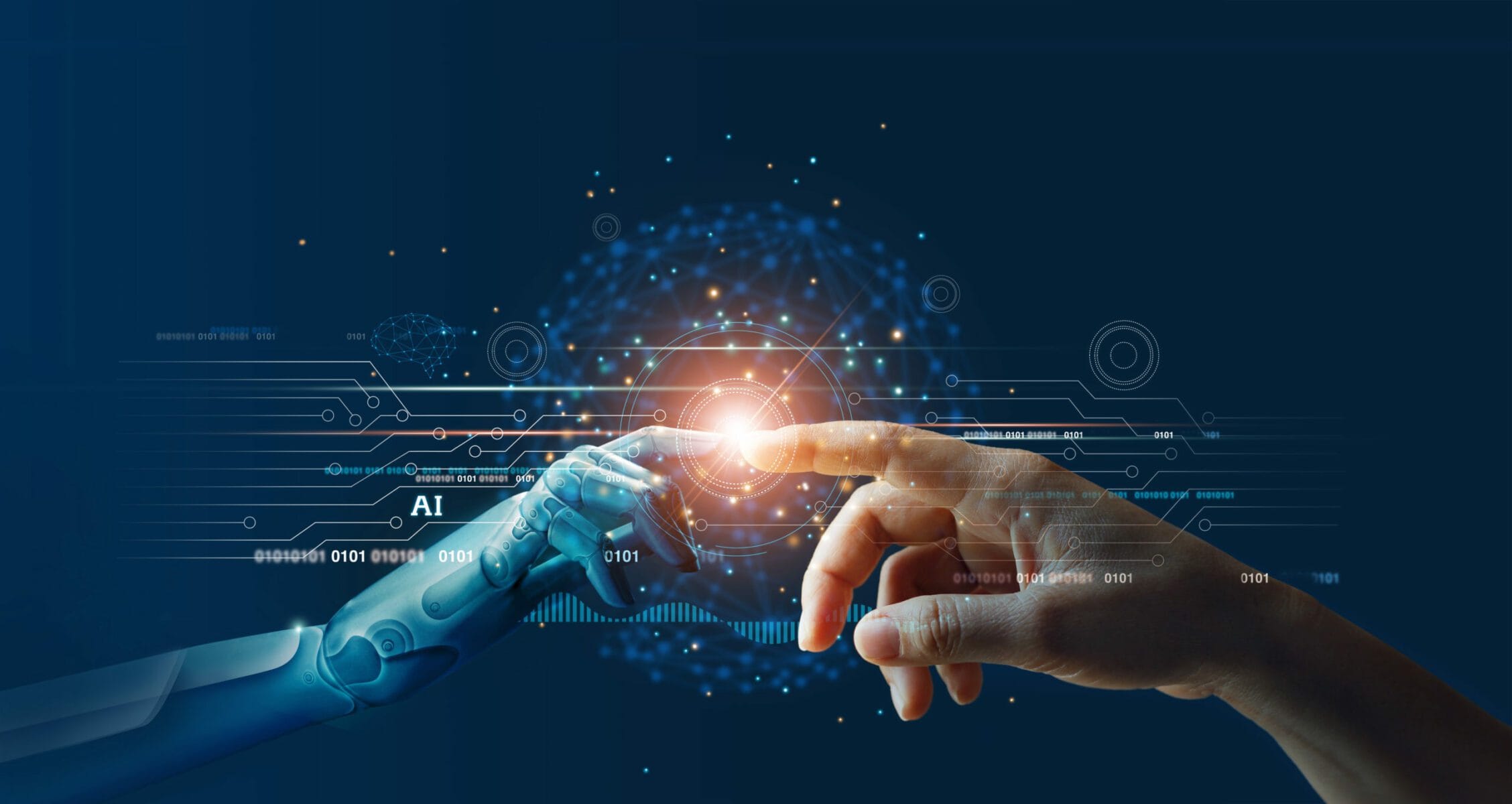In 2025, Artificial Intelligence (AI) is no longer just a buzzword but a core element of modern digital marketing strategies. From content creation and personalization to predictive analytics and automated customer service, AI tools are helping businesses achieve more effective marketing results faster than ever before.
In this post, we’ll explore how AI is revolutionizing the digital marketing landscape, highlighting key areas where AI is making a significant impact, and why every digital marketer needs to adapt to these advancements.
Table of Contents
The Role of AI in Content Creation
Personalization and Customer Experience
AI in Predictive Analytics and Data Analysis
Chatbots and Automated Customer Service
AI for SEO and Content Optimization
AI-Driven Advertising
Challenges and Ethical Considerations of AI in Marketing
Future of AI in Digital Marketing
Conclusion: Is AI the Future of Digital Marketing?
1. The Role of AI in Content Creation
AI tools are transforming how digital marketers approach content creation. AI-driven platforms, such as Jasper AI and Copy.ai, now allow marketers to create engaging blog posts, social media content, and ad copy faster than ever before. AI-powered writing assistants help generate creative ideas, craft compelling headlines, and even optimize articles for SEO.
With AI’s ability to understand language patterns, marketers can produce high-quality, tailored content in a fraction of the time it would traditionally take, which allows businesses to scale their marketing efforts.
2. Personalization and Customer Experience
Personalization has become a key component of digital marketing, and AI is making this process more sophisticated than ever. AI-powered algorithms track customer behavior, preferences, and interactions with your website or app, allowing businesses to create personalized experiences for each user.
From tailored product recommendations to personalized email campaigns, AI ensures that the right content reaches the right person at the right time, enhancing the overall customer experience and increasing conversions.
3. AI in Predictive Analytics and Data Analysis
AI is also revolutionizing predictive analytics in digital marketing. AI tools can analyze vast amounts of data from different sources to predict future customer behavior and trends. By identifying patterns in user interactions, AI helps marketers make data-driven decisions and forecast market changes with more accuracy.
Predictive analytics powered by AI can also identify potential customers, improve customer segmentation, and even predict which marketing strategies will yield the best results.
4. Chatbots and Automated Customer Service
Another area where AI has significantly impacted digital marketing is customer service. AI-powered chatbots can handle a variety of customer inquiries in real-time, providing instant support without human intervention. This leads to improved customer satisfaction and reduces the load on support teams.
Chatbots can be integrated into websites, social media platforms, and messaging apps to assist customers with product recommendations, troubleshoot common issues, and guide users through the buying process.
5. AI for SEO and Content Optimization
Search Engine Optimization (SEO) is crucial for any online business, and AI tools are making it easier to optimize content for search engines. AI-powered SEO platforms, like Surfer SEO and Clearscope, help marketers optimize their content for keyword usage, readability, and structure.
By using AI to analyze search engine algorithms and identify top-performing keywords, digital marketers can create SEO-friendly content that ranks higher on Google, driving more organic traffic to their websites.
6. AI-Driven Advertising
AI is also transforming digital advertising by optimizing ad campaigns in real-time. AI tools can analyze user data and automatically adjust ad targeting, bidding, and content to ensure that ads reach the right audience at the right time. Whether it’s Facebook ads, Google Ads, or programmatic advertising, AI helps improve ad performance and maximize ROI.
AI-driven advertising platforms allow businesses to launch more targeted and effective ad campaigns with minimal manual effort, saving time and increasing results.
7. Challenges and Ethical Considerations of AI in Marketing
Despite its many advantages, AI in digital marketing is not without its challenges and ethical concerns. Privacy issues, data security, and the potential for bias in algorithms are just a few concerns that marketers must address when implementing AI.
As AI systems become more sophisticated, businesses must ensure they’re using data ethically and complying with privacy regulations like GDPR to build trust with their customers.
8. Future of AI in Digital Marketing
The future of AI in digital marketing looks incredibly promising. As AI technologies continue to evolve, they will become even more integrated into marketing strategies. From voice search optimization and augmented reality (AR) experiences to hyper-targeted advertising, AI will drive even greater innovation in the marketing world.
Businesses that harness AI’s potential will be able to stay ahead of the competition, offering more personalized, data-driven experiences that improve customer engagement and drive sales.
9. Conclusion: Is AI the Future of Digital Marketing?
AI has already proven to be a game-changer in digital marketing, and its role will only grow in the coming years. Whether it’s creating content, analyzing data, or improving customer service, AI enables digital marketers to work more efficiently, effectively, and ethically.
If you haven’t already started integrating AI into your marketing strategy, now is the time to do so. Embrace the power of AI to take your marketing efforts to new heights in 2025 and beyond.
See More :



